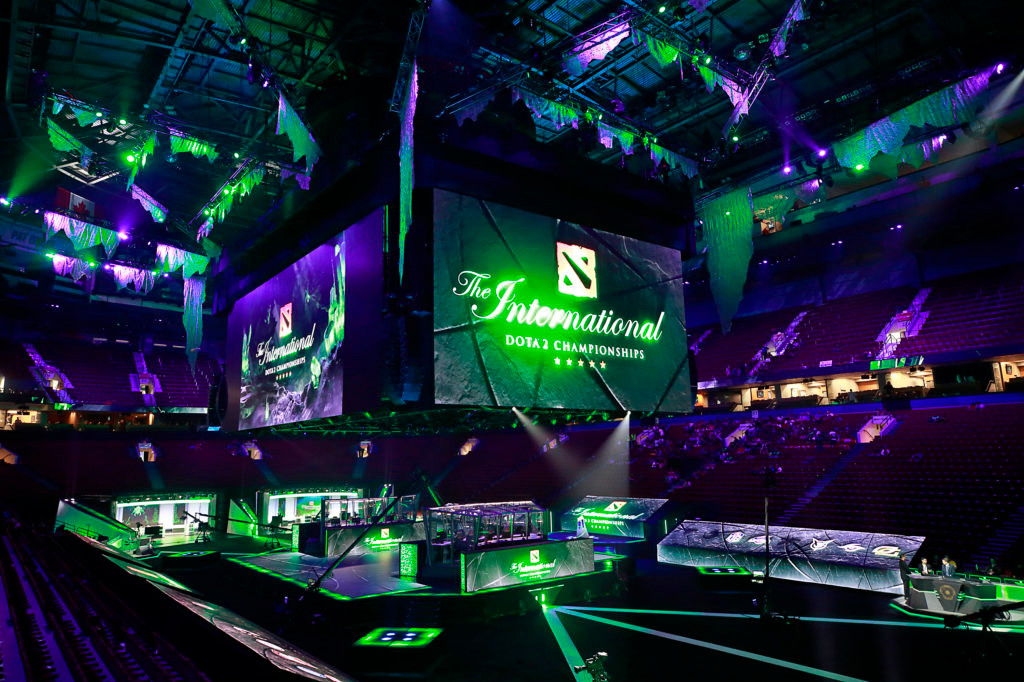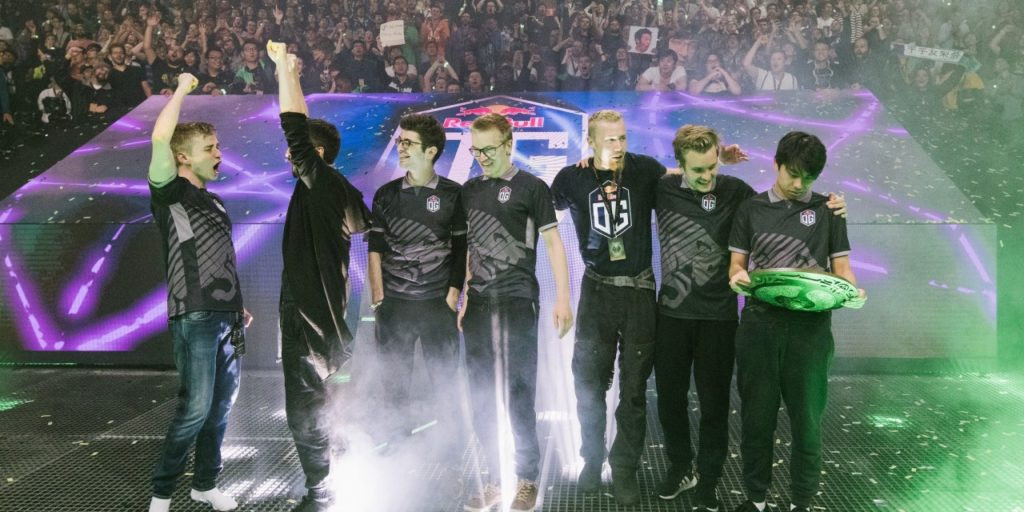
What have the Romans ever done for us?
Sometimes it feels like this is the question that dominates the discussions about DOTA’s esports scene, with The International being such a crown jewel that its shining spark pushes everything else into the background, both from a prestige and a financial perspective. The DPC was meant to be the signal of sustainability and a transition of some of TI’s clout, if not its prize pool, to the events which make up the circuit.
Instead, with TI9 right around the corner, many of the system’s flaws were thrown into sharp relief. The International towers above every other event in the esports scene, but the scaffolding which holds it up is far from ideal from the perspective of smaller teams and tournament organisers. With Valve, it always seems to be about iteration, so it would not be a surprise if changes were to be made to the next season. What if they went a step further and abolished the whole DPC setup altogether? Would we be better off that way?

The core problem with the DPC is that it failed to address the overwhelming impact of a single tournament in the world of DOTA: based on community calculations, this year’s TI will once again be above 75% of the circuit’s entire prize pool, a statistic which hasn’t been this skewed since 2012. (In this sense, 2016 marked the “best†year with the event’s $20.7 million purse amounting to 55% of the year’s entire winnings.) The first argument against this approach is that the inherent variance in a single event shouldn’t determine life-changing sums of money, even with the understandable caveats that esports isn’t a meritocracy, and at the end of the day, it’s a massive marketing tool for the developers of a game who likely benefit more from the yearly eye-popping tournament over anything else.
However, there’s another, perhaps even more concerning side to this discussion: the fact that the current situation disincentivises everyone from taking lower-tier events seriously, be it tournament organisers or players. The teams’ rational course of action is to forego the tournaments and online leagues small prize pools – and the corresponding commitments in schedule – to even marginally improve their chances at a DPC event. Remember ESL One Mumbai and the event’s near-collapse as basically every DPC-involved team ended up pulling out? And that was a massive LAN organised by a highly respected TO with a decent prize pool. What chances do the smaller events and the smaller teams have in this environment? Less than OG did at TI8, that’s for sure.

From a birds-eye perspective, the minors are by far the weakest element of the current system. They don’t attract particularly high viewership and the fact that they serve as a glorified qualifier with a pittance of DPC points offered makes them an unattractive proposition for tournament organisers. One of the possible remedies would be to combine its qualifiers with the majors’ to help with the scheduling congestion, but this – alongside other proposed financial changes – seem to be little more than a band-aid solution, considering even making it to TI isn’t enough to keep an org afloat in times of trouble.
Even though the baselines of the 2019-2020 schedule are already set, it would be a distinctly Valve-ian move to change it all up out of the blue once the off-season begins. And who knows, it might just be the right move for once.